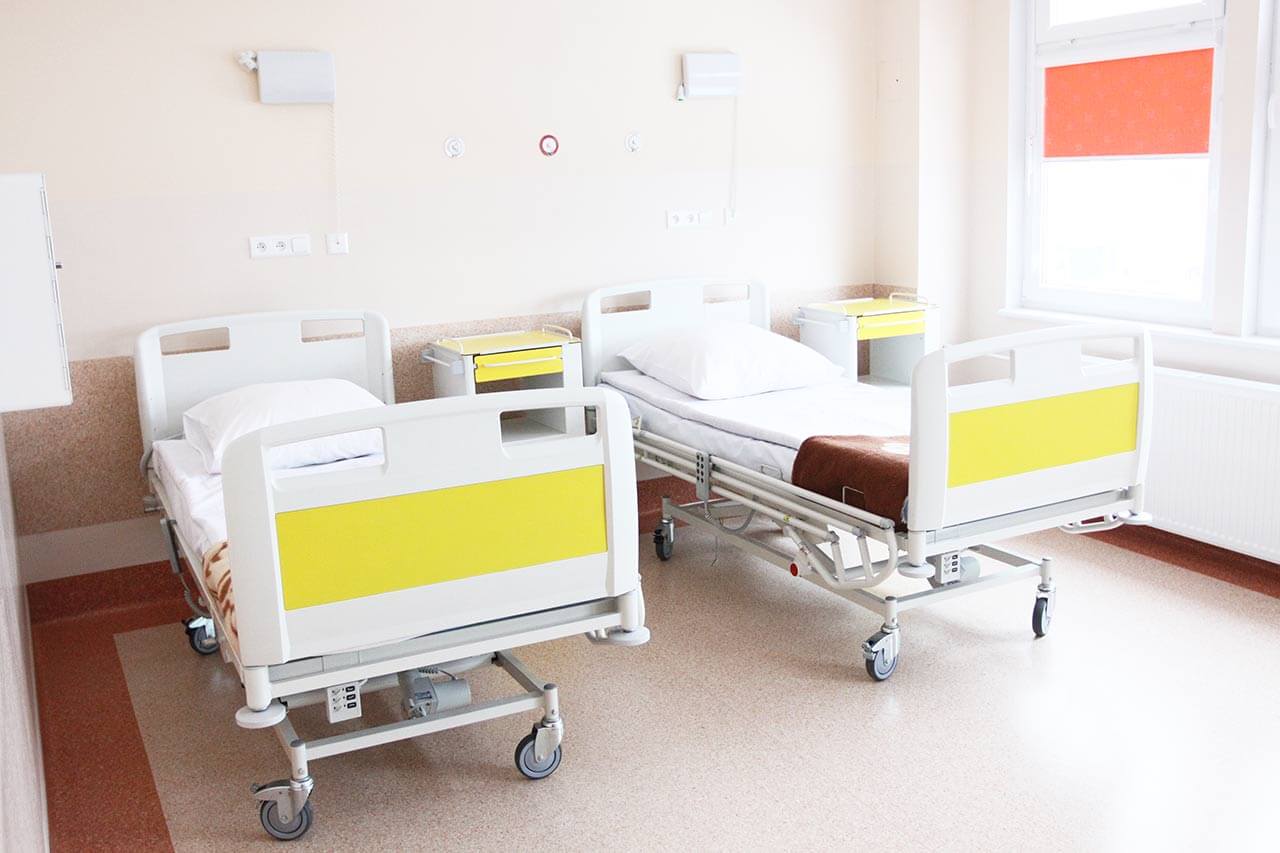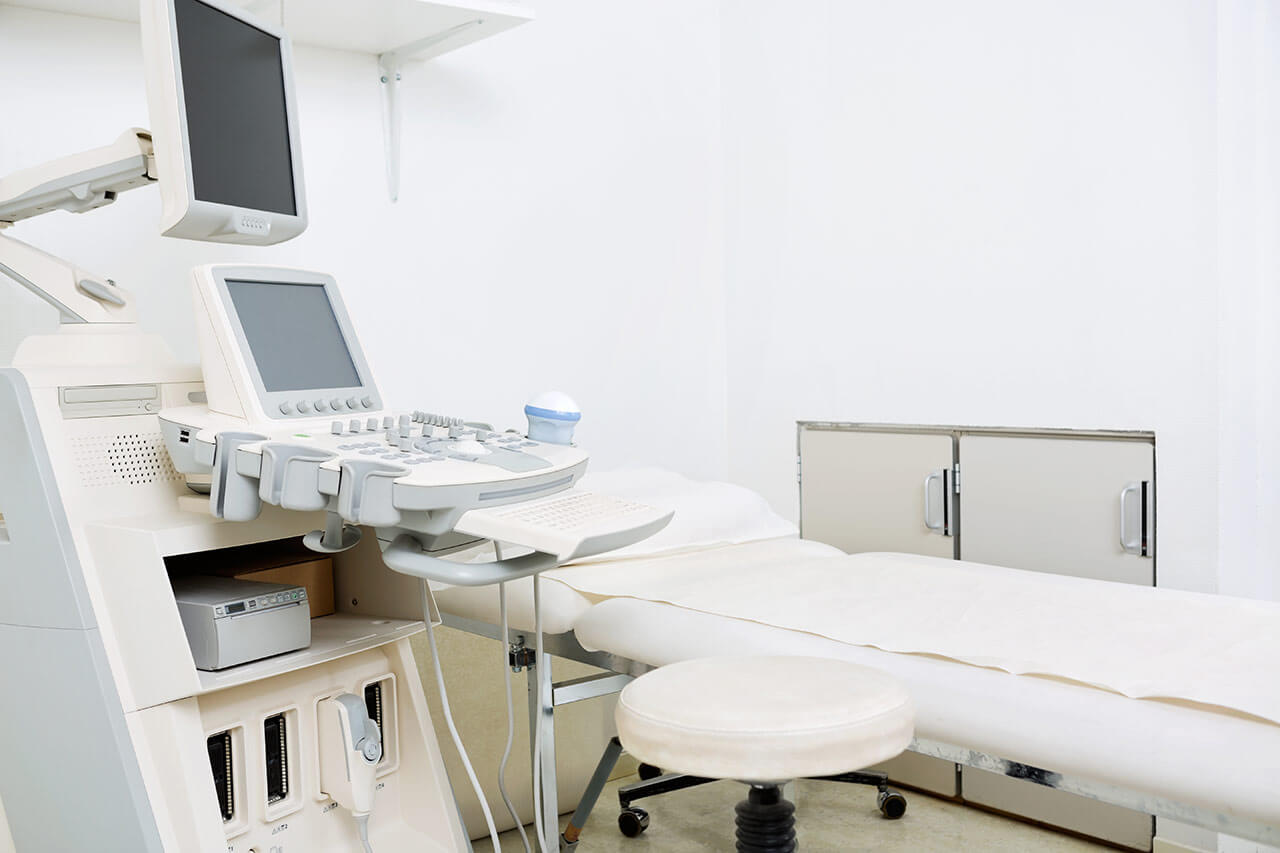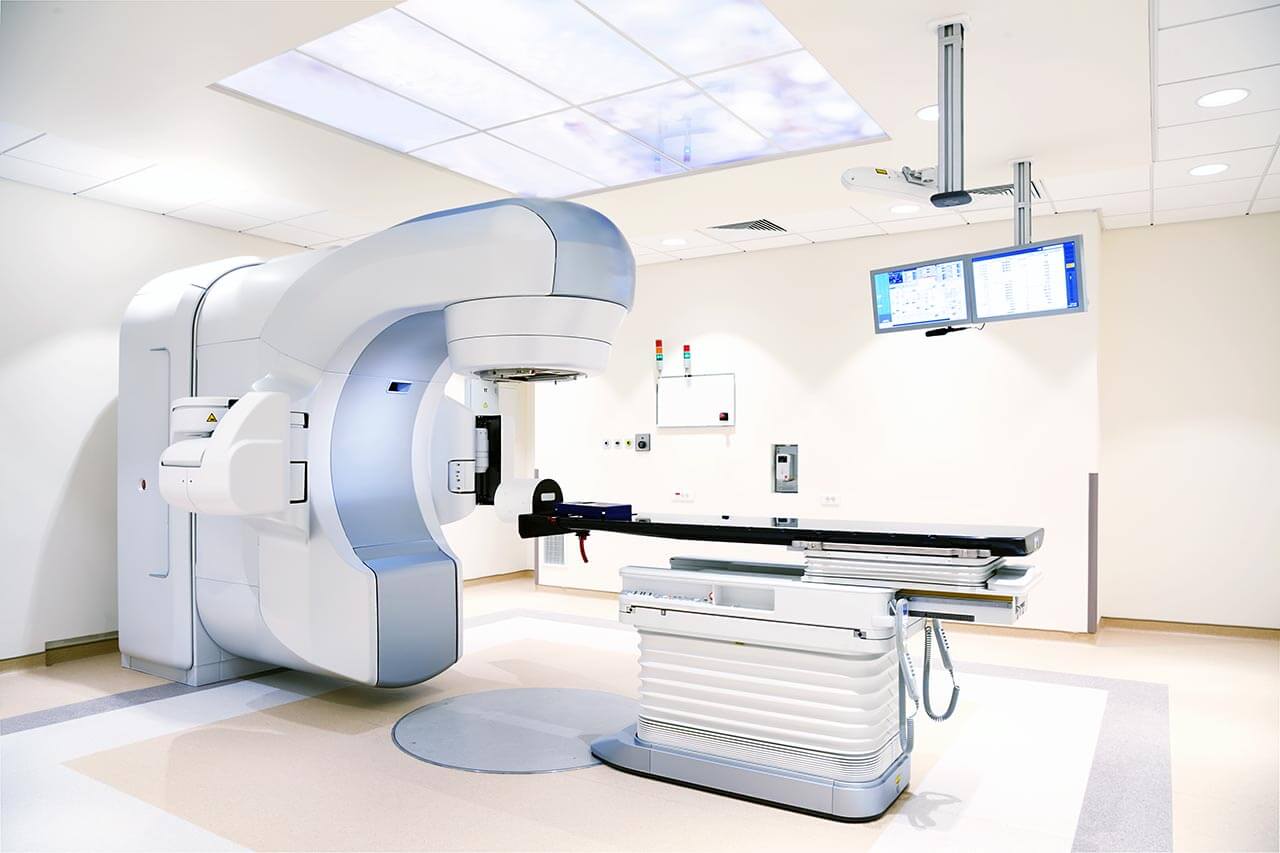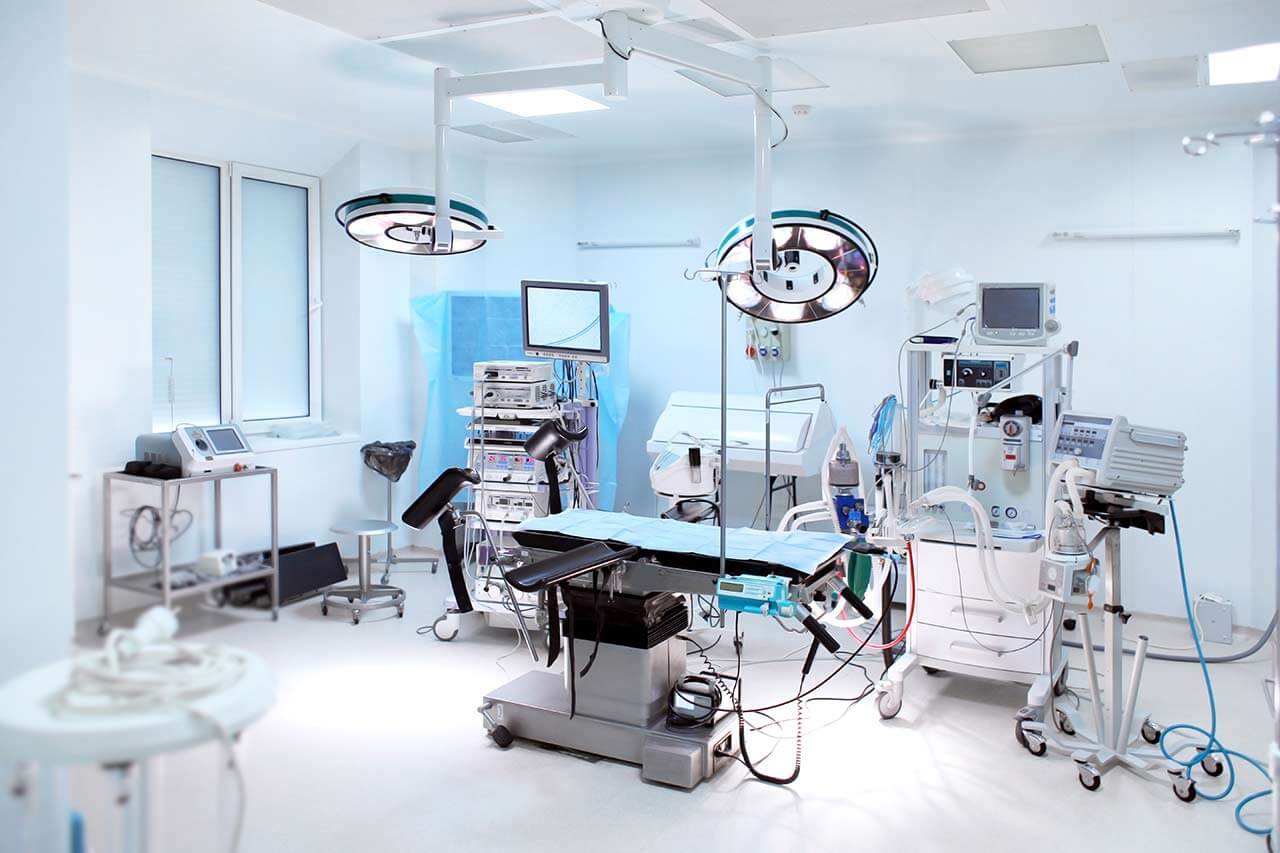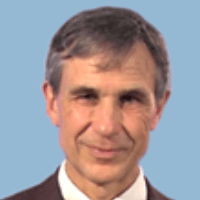
The program includes:
- Initial presentation in the clinic
- clinical history taking
- review of medical records
- physical examination
- laboratory tests:
- complete blood count
- general urine analysis
- biochemical analysis of blood
- inflammation indicators (CRP, ESR)
- indicators blood coagulation
- neurological examination
- functionality x-ray
- CT/MRI scan
- neuropsychological tests (on indications):
- ENMG (electroneuromyography)
- EEG (electroencephalography)
- SEPs (somatosensory evoked potentials)
- VEPs (visually evoked potentials)
- BAEP tests (brainstem auditory evoked potential)
- preoperative care
- partial resection of the av-malformation with
subsequent coiling - histologically examination of the remote tissues
- blood transfusions (if needed)
- 1-day intensive care unit stay
- postoperative MRI control
- symptomatic treatment
- control examinations
- the cost of essential medicines and materials
- nursing services
- full hospital accommodation
- developing of further guidance
Required documents
- Medical records
- MRI/CT scan (if available)
- MR/CT-angiography (if available)
Service
You may also book:
 BookingHealth Price from:
BookingHealth Price from:
About the department
The Department of Adult and Pediatric Neurosurgery at the University Hospital Duesseldorf offers the full range of services in the field of diagnostics and surgical treatment of diseases of the nervous system in patients of all age groups. The department was founded in 1947 and during this time it has won the reputation of one of the largest and leading neurosurgical medical institutions in Germany. It performs about 3,000 surgical interventions every year. Also, the department treats and examines more than 15,000 inpatients and outpatients annually. The Chief Physician of the department is Prof. Dr. med. Hans-Jakob Steiger.
The department is proud of its outstanding specialists, who not only regularly demonstrate high rates of treatment success, but also had a significant impact on the development of modern neurosurgery. For example, the department's doctors took part in the development of topical techniques in the field of brain tumor surgery (for example, intraoperative fluorescence diagnostics), surgery of cerebral and spinal vessels, treatment of Parkinson's disease and other motor disorders, pediatric neurosurgery and peripheral nerve surgery. Another cornerstone contributing to the high authority of the department is high-tech medical equipment, computerized surgical systems, which ensure the best possible accuracy and minimal damage risks to healthy tissue during the surgical treatment.
The main clinical focuses of the department include:
- Vascular neurosurgery
- Cerebral aneurysms
- Arteriovenous malformations
- Spinal dural arteriovenous fistula
- Intracerebral hemorrhage
- Cerebral circulation disorders
- Trigeminal neuralgia
- Hemifacial spasm
- Skull base surgery
- Meningioma
- Schwannoma
- Craniopharyngioma
- Epidermoid tumor
- Chordoma and chondrosarcoma
- Paraganglioma
- Hemangioblastoma
- Adenocarcinoma
- Primary or secondary bone tumor
- Pituitary surgery
- Pediatric neurosurgery
- Hydrocephalus
- Brain tumors
- Developmental brain and spinal cord defects
- Diagnostics and treatment of neuro-oncological diseases
- Diagnostics and treatment of brain metastases
- Functional neurosurgery
- Radiosurgery
- Stereotactic surgery
- Neuromodulation
- Peripheral nerve surgery
- Peripheral nerve compression syndromes (for example, carpal tunnel syndrome)
- Peripheral nerve injuries (for example, in severe bone fractures)
- Tumors of the peripheral nervous system (for example, neuromas, neurofibromas)
- Peripheral neuromodulation in chronic pain syndrome (the injection of stimulants)
- Clinical and intraoperative neurophysiological examinations
- Electroencephalogram
- Registration of evoked potentials
- Electromyography
- Nerve conduction velocity measurements
- Intraoperative neuromonitoring
- Other medical services
Curriculum vitae
- 1972 - 1978 Study of Medicine at the Universities of Zurich and Geneva, additional 2 semesters of computer science at the Swiss Federal Institute of Technology Zurich.
- 1978 State Examination in Zurich and USA visa examination, Paris.
- 1979 Doctoral thesis defense in Zurich. Subject: "Neuronal nucleus of the abducens nerve".
- 1979- 1984 Clinical training for Neurosurgeon in Switzerland, USA and Canada.
- 1983 Janggen-Pöhn Scholarship, St. Gallen.
- 1985 Diploma in Neurosurgery, Switzerland.
- 1985 - 1993 Senior Physician, since 1990 – Deputy Head of the Department of Neurosurgery at the University Hospital Bern.
- 1992 Habilitation, University of Bern. Subject: "Pathophysiology of cerebral aneurysms".
- 1992 Research Grant of the Swiss National Science Foundation.
- 1994 Invitation to the position of C3 Professor at the Ludwig Maximilian University of Munich, as well as the position of the Head of the Section of Neurovascular Surgery.
- 2002 Invitation to the position of C4 Professor in Neurosurgery, Heinrich Heine University of Dusseldorf, entrance upon his duties 01.01.2003.
- Since 2002, Head of the Department of Adult and Pediatric Neurosurgery at the University Hospital Duesseldorf.
Photo of the doctor: (c) Universitätsklinikum Düsseldorf
About hospital
According to the authoritative Focus magazine, the University Hospital Duesseldorf ranks among the top Germany hospitals!
The hospital is an excellent example of a combination of high-quality health care, research and teaching activities. With more than 50,000 inpatients and about 300,000 outpatients every year, the hospital is one of the largest and most prestigious medical institutions in Germany and Europe.
Modern, safe and sparing diagnostic and therapeutic methods guarantee effective treatment of various diseases and their consequences. All therapeutic processes are based on an interdisciplinary approach, which provides comprehensive medical care and optimal treatment result. Obviously, one of the key roles in the successful clinical practice of the medical institution is played by a highly qualified medical personnel, which consists of the best world-class doctors. The hospital also has a special advantage due to the structured equipment with the innovative medical technologies.
The hospital presents almost all fields of modern medicine. Special attention should be given to such focuses as oncology and hematology, stem cell transplantation, neurosurgery and neurology, urology, obstetrics and gynecology, hepatology, kidney transplantation, vascular surgery, cardiac surgery, pediatric surgery, pediatric oncology, etc.
In addition to the outstanding quality of medical services, the hospital guarantees each patient an attentive care, friendly atmosphere, as well as sensitive and respectful attitude.
Photo: (с) depositphotos
Accommodation in hospital
Patients rooms
The patients of the University Hospital Duesseldorf live in comfortable single, double and triple rooms. The patient rooms are made in bright colors and modern design. The room furnishing includes an automatically adjustable bed, a bedside table, a wardrobe, a telephone, a multimedia device (TV, radio, Internet access), a table and chairs for receiving visitors. To use the phone and multimedia device, the patient should have a special chip card, which can be purchased at the reception. In the pediatric departments multimedia device can be used for free.
Meals and Menus
The patients of the hospital are offered a varied, tasty and healthy diet. Every day there are three menus to choose from for adults and four menus to choose from for children, while it is possible to develop an individual menu. When pre-ordering, the international patients may have dishes of various cuisines of the world, for example, Asian and African cuisine. If a patient needs a diet in accordance with the clinical indications, he will be provided with a special diet menu, including drinks.
Every day, the nurses inform the kitchen workers about the patient wishes using an electronic data processing system. Immediately before serving food, there are printed special cards, which indicate for which patient this or that dish is intended.
Also, the hospital houses a cafeteria with a rich selection of delicious, healthy dishes, snacks and drinks.
Further details
Standard rooms include:
Religion
Christian priests are available for the patients at any time. Representatives of other religions may be requested at any time.
Accompanying person
Your companion may stay with you in your room or at a hotel of your choice during the fixed program.
Hotel
You may stay at the hotel during the outpatient program. Our employees will support you for selecting the best option.
The hospital offers a full range of laboratory tests (general, hormonal, tests for infections, antibodies, tumor markers, etc.), genetic tests, various modifications of ultrasound scans, CT scans, MRI and PET / CT, angiography, myelography, biopsy and other examinations. Treatment with medications, endoscopic and robotic operations, stereotaxic interventions is carried out here, modern types of radiation therapy are also used. The hospital offers patients all the necessary therapeutic techniques.
- Dermatosurgery
- Skull base surgery
- Gastric bypass and bandage
- Removal of lung metastases
- Interventions on the spine
These are skin cancer (including melanoma), head and neck tumors, pathological changes in the chest (including funnel chest), obesity, liver diseases, HIV and other infectious diseases, varicose veins, aortic aneurysm, carotid artery stenosis, joint diseases and other pathologies.
- Dermatology
- Oncology
- Otorhinolaryngology
- Endocrinology and diabetology
- Orthopedics and traumatology
Over 800 highly qualified physicians work at the hospital.
